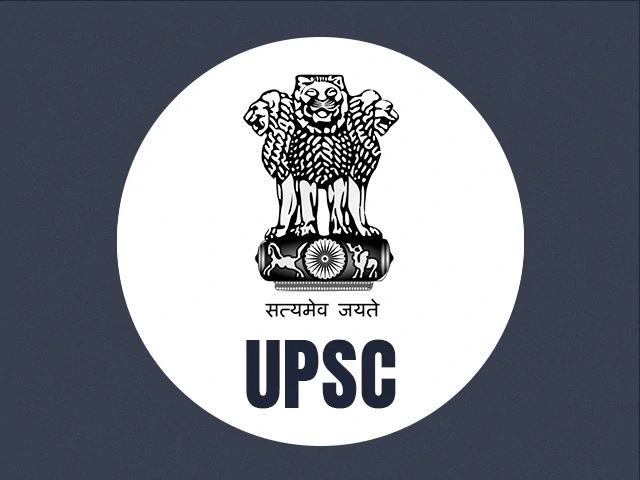UPSC History
The Union Public Service Commission (UPSC) has a rich historical legacy dating back to the British colonial era. Established in 1926 under the Government of India Act, 1919, it was initially named the Federal Public Service Commission.
With the Government of India Act, 1935, the commission was rechristened as the Union Public Service Commission (UPSC), reflecting its role in administering civil services at the federal level.
Since India’s independence in 1947, the UPSC has played a crucial role in recruiting civil servants to uphold the nation’s democratic values and governance.
UPSC Function & Responsibility
The UPSC serves as India’s premier recruiting agency for various government positions, conducting examinations and interviews to select candidates for the civil services, defense services, and other key administrative roles.
Its responsibilities encompass selecting deserving candidates based on merit, ensuring transparency and fairness in the recruitment process, and maintaining the highest standards of integrity and impartiality.
Additionally, the UPSC advises the government on matters related to recruitment, disciplinary actions, and other personnel policies.
UPSC Full Form
The acronym UPSC stands for the Union Public Service Commission. It is the central agency responsible for recruiting candidates for the civil services and other administrative positions in the Government of India.
UPSC Exam Overview
The UPSC conducts several examinations annually, with the Civil Services Examination (CSE) being the most prominent. CSE is held in three stages: the Preliminary Examination (Prelims), the Main Examination (Mains), and the Personality Test (Interview).
Prelims consist of objective-type questions covering various subjects, while Mains include essay-type and descriptive questions on specific topics.
The Personality Test evaluates candidates’ personality traits, communication skills, and suitability for administrative roles.
Apart from CSE, UPSC conducts examinations for engineering services, medical services, defense services, and other specialized fields, each with its own selection process tailored to the respective domain.
These examinations serve as gateways to prestigious careers in the Indian bureaucracy and contribute significantly to the nation’s administrative apparatus.
Source by: UPSC 2024


